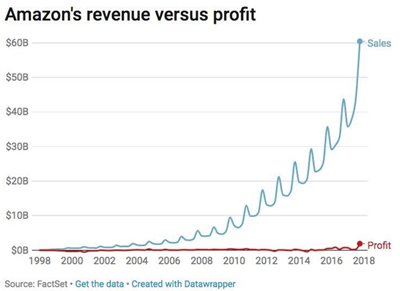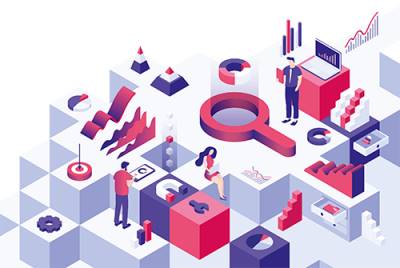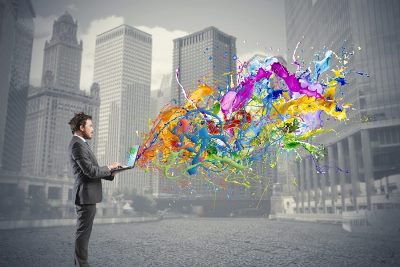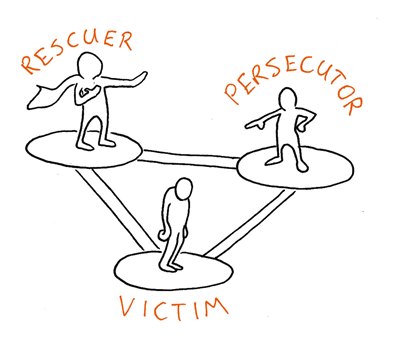This interesting Bloomberg post ‘The Enormous Numbers Behind Amazon’s Market Reach‘ proposes a nice visual history of Amazon’s growth and reach. It also provides an interesting status report of the weight of the company across several markets.

It shows that Amazon is not entirely dominant (yet!) and that it depends a lot on the particular industry or products. In reality, “Despite being the largest e-commerce player, Amazon still accounts for roughly 1 percent of global retail. In the U.S., the company’s share of all retail sales is as high as 7.7 percent, including sales made by other retailers who sell on Amazon’s Marketplace. Absent that, Amazon itself accounts for less than 3 percent of U.S. retail sales, according to Euromonitor International.”
The most impressive is the market share in e-books thanks to the Kindle, where Amazon is really dominant.
The exponential growth is also linked to a disciplined re-investment of its surplus over time (hence almost no profit since the start), in a real entrepreneurial approach sustained over time. It has also been patient when trying to develop into new fields, failing long before reaching success.
The most amazing in this story finally is that the company was able to maintain a long-term view and a startup spirit all those years, together with a strict cost discipline. A feat clearly due to its founder and the management style he embodies. What about the sustainability of the enterprise if the founder departs?











